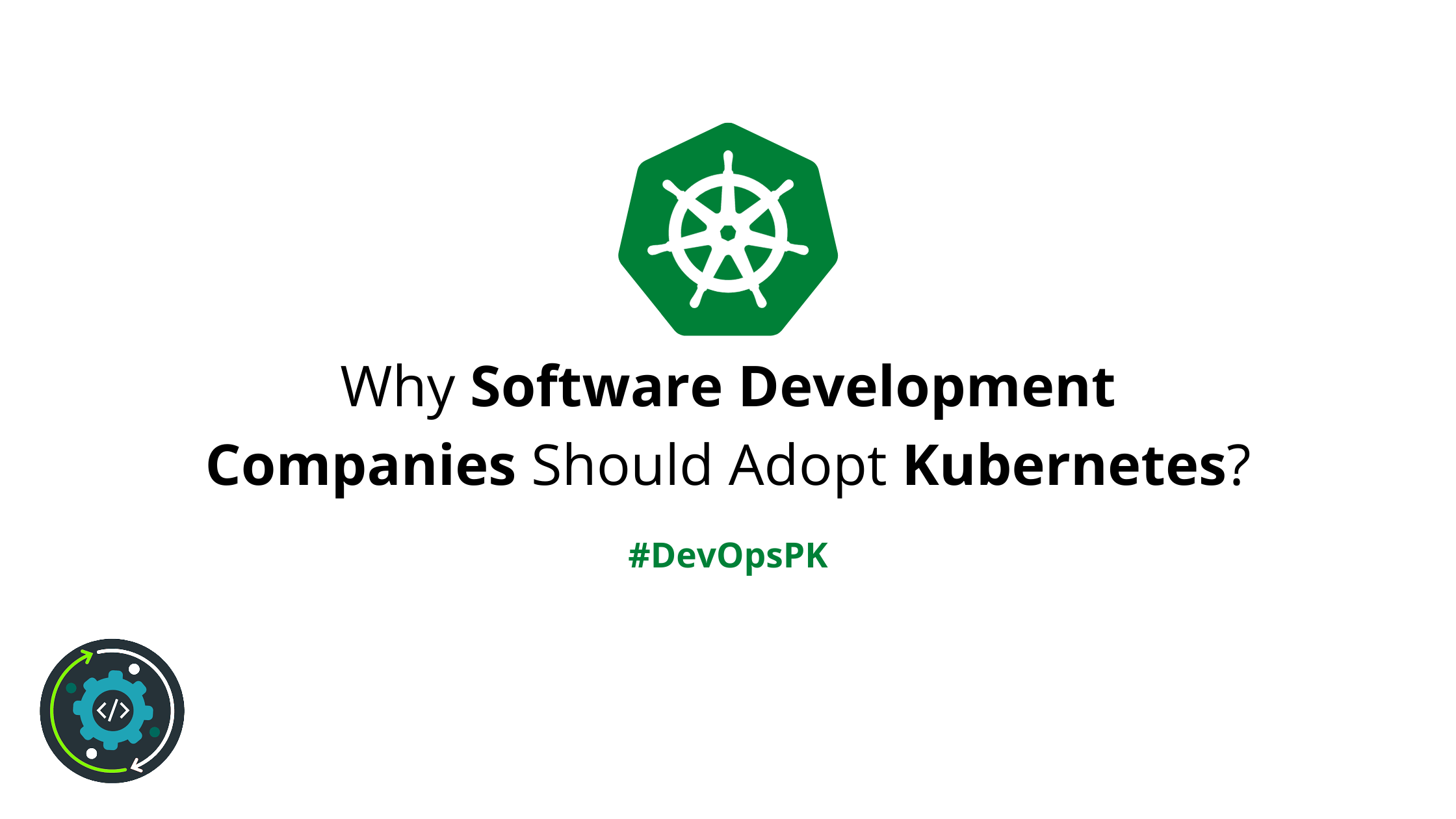Table of Contents
History of Kubernetes
Kubernetes was initially designed and launched in June 2014 by Google and released in 2015 by the Cloud Native Computing Foundation (an initiative of The Linux Foundation). Over the past 2-3 years, it has grown widely in popularity among the technology sector. According to Developers Survey 2020, Kubernetes is among the top 3 most loved platform in the tech community.
Brief Introduction
Kubernetes is an open-source container management system that allows the automation of computer application deployment. The goal of Kubernetes is to provide a platform that helps deployment automation, scalability, and ops of application containers through clusters of hosts. It lets you work with multiple container tools like Dockers.
Why You Should Consider and Adopt Kubernetes?
If you reading this, you are part of IT Management and exploring “why Kubernetes?” Let’s talk about the high-level benefits of why you should adopt Kubernetes;
- Improved App Deployment Time
- IT Cost Optimization
- Better Scalability and Availability
- Hybrid Cloud Flexibility
- Rapid Migration to the Cloud
Improved App Deployment Time
Kubernetes empowers you to work on a ‘microservices’ approach which helps your team breaks into smaller teams and focuses on smaller tasks. These teams will be able to be more agile as they have laser-focused functions to perform. APIs enablement between these microservices which enables the team for less cross-team communication dependency required to build and deploy. Ultimately, this allows your specialized small teams to support a big chunk of machines/app servers.
IT Cost Optimization
Kubernetes allows you to optimize the IT infrastructure costs massively if you are working on a large-scale. Kubernetes makes a container-based architecture possible by using the cloud and hardware investments to pack applications together optimally.
Also Read: Everything You Need to Know About DevOps in 2021
Better Scalability and Availability
The success of today’s applications does not entirely depend on the bunch of features offered by the option to scale fast as and when required. If an application is unable to scale, it will be useless in less to no time with 0% performance output and at the worse, completely unavailable. With the Kubernetes platform, you can manage, scale, and improve the performance of your application. App-scaling of Kubernetes is not restricted to infrastructure metrics alone; any form of metric — resource consumption metrics, even the custom metrics can be used to start the scaling process.
Hybrid Cloud Flexibility
One of Kubernetes’ and containers’ greatest advantages is that it allows you to make the hybrid and multi-cloud pledge come true. Companies today already manage multi-cloud environments and will continue to do so in the future. Kubernetes enables running any device on either public cloud provider or any mix of both (public and private clouds) much simpler.
Rapid Migration to the Cloud
Kubernetes has you covered if you are;
- Rehosting: Relocation and shifting your app
- Re-platforming: Tweaking the way your app runs
- Re-Factoring: The entire app is restructured to make it work better with the compartmentalized environment
Conclusion
When we talked about Kubernetes among the top 3 most loved platform in dev circle around the globe, it must have made sense to you now. Kubernetes takes away all the nitty-gritty functions required in the conventional methods to develop, manage, and scale an application.
Let us know in the comments section below if you have any queries or to share your experience with Kubernetes. May K8s be with You. 😊


3 Comments
What is DevOps: A Brief Guide 2021 – DevOps Pakistan
[…] Also Read: Why Software Development Companies Should Adopt Kubernetes? […]
Top 10 Powerful DevOps Tools for 2022 – DevOps Pakistan
[…] are used to coordinate containers. Its usage increased by 48 percent in 2020, with more and more software companies using Kubernetes in their DevOps departments. Rather than manually releasing microservices, Kubernetes can automate […]
DevOps Tools for each Stage of DevOps Lifecycle
[…] use open source tools like Kubernetes and Docker to enjoy the perks of individual development environments. Coding and developing against […]